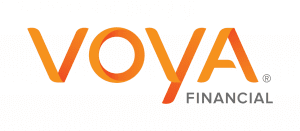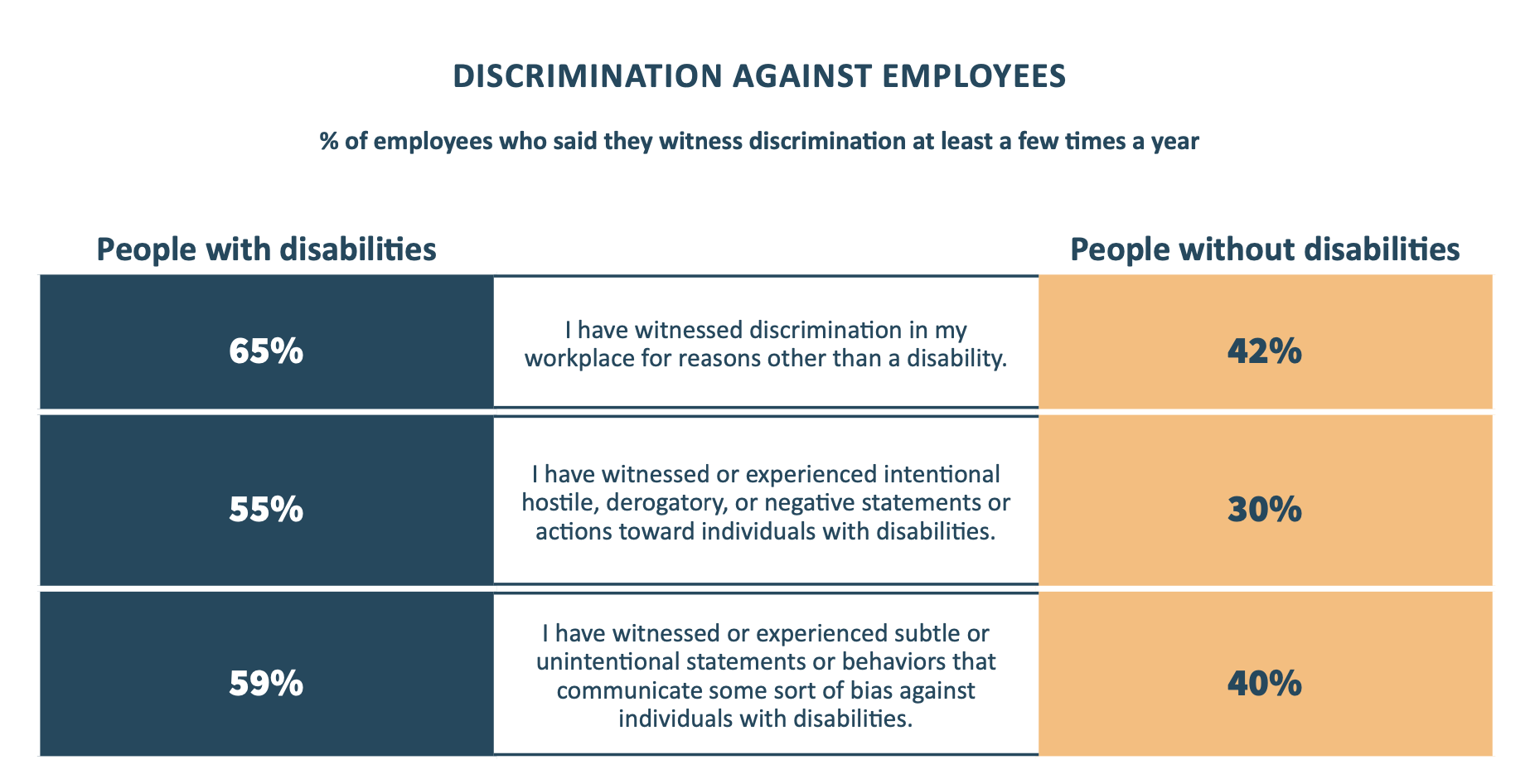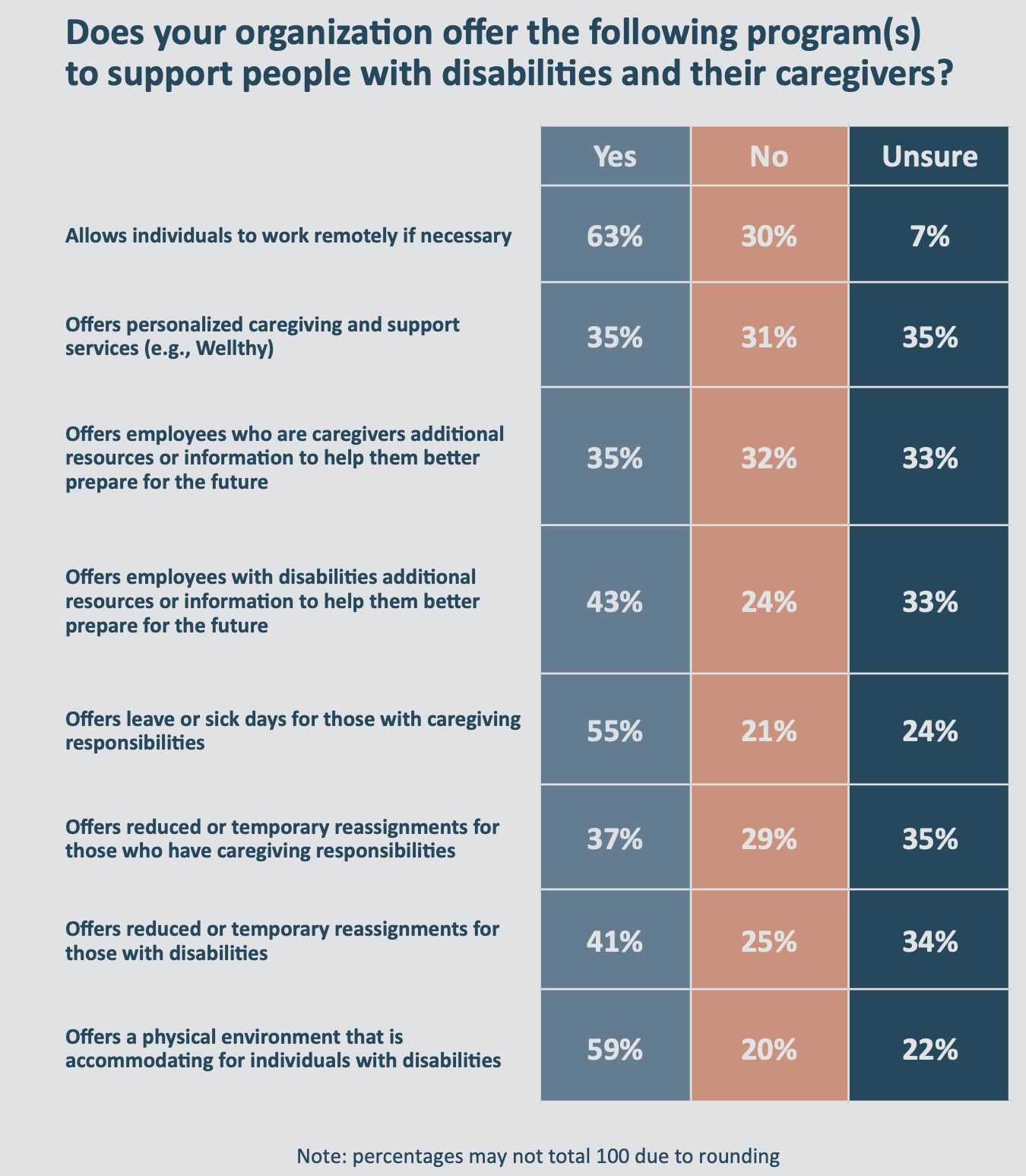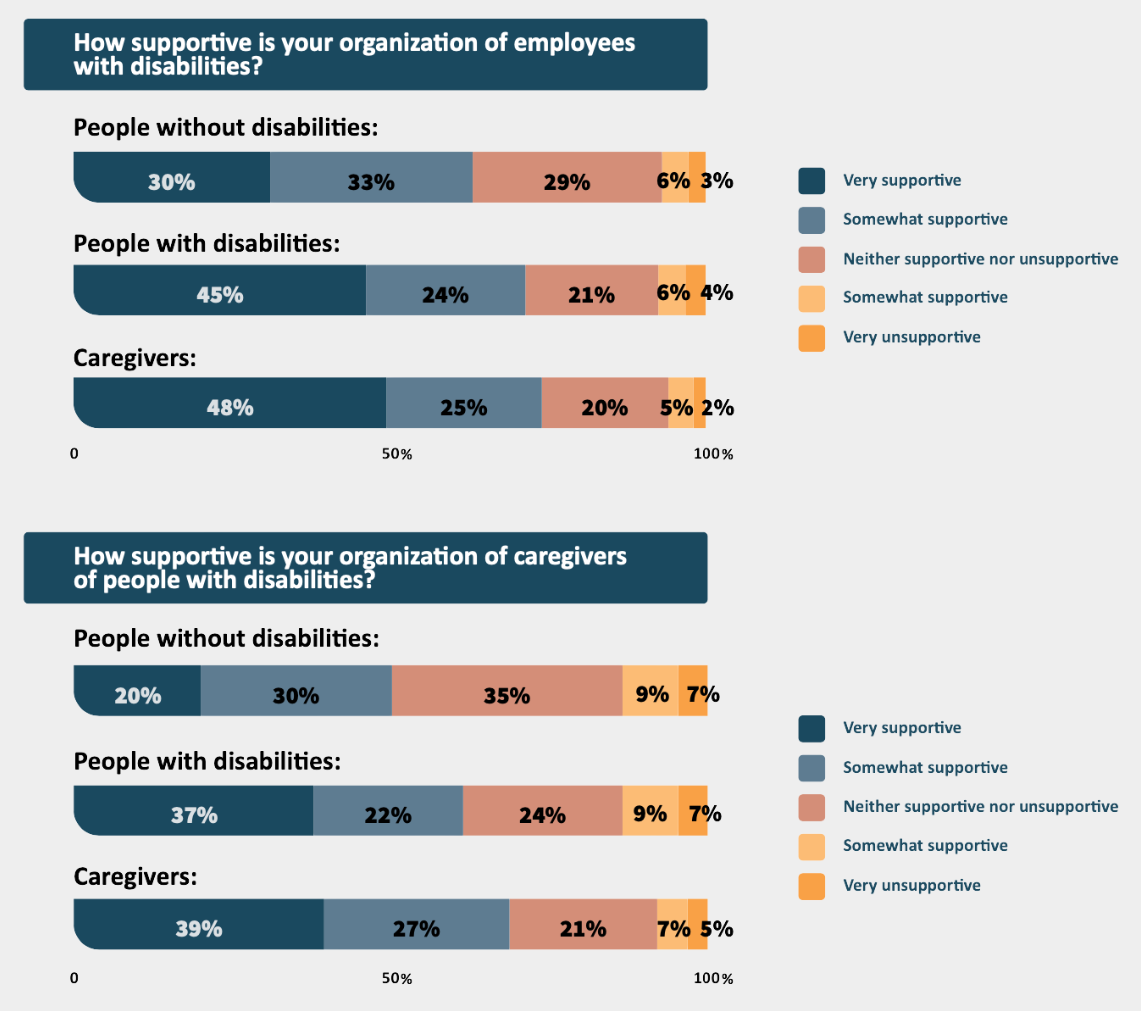Download the Full Report : Disabilities in the Workplace Report (PDF)
Watch the Webinar: Disabilities in the Workplace Report Discussion
Download the Press Releases:
News release for Communications Professionals (PDF)
News Release for Human Resources (PDF)


Institute for Public Relations and Voya Financial have partnered on a comprehensive report, “Disabilities in the Workplace: Culture, Communication, Support, and Inclusion” that analyzes a survey of 1,014 employees to determine how organizations support and communicate about disabilities and caregiving in the workplace.
Introduction:
Little research has been conducted regarding employee perceptions of diversity priorities and inclusion and how well initiatives and programs are communicated within organizations. In 2020, according to the U.S. Bureau of Labor Statistics, 17% of people with a disability were employed compared to the 61% of people without a disability. According to a report from Bentley University, more than two-thirds of disabilities are “invisible,” meaning disabilities cannot be observed or are not visually detectable. The Bentley University report also found that while more than two-thirds of workplace leaders believe their technological arrangements and cultures are supportive of employees with disabilities, fewer than half of those with disabilities agree.
While Disability:IN has seen participation in its annual Disability Equality Index increase year-over- year, an Institute for Public Relations (IPR) study found executive support of those with disabilities may not be communicated effectively through organizations. In the 2021 IPR Language of Diversity study, of communication professionals, only 24% said, “physical abilities and disabilities” were rated as a “high priority” for their organization’s diversity, equity and inclusion (DE&I)initiatives, while only 14% said the same about neurodiversity (e.g., ADHD, autism, etc.). Compared to other categories of diversity, disabilities was one of the lowest-ranked. Disabilities or becoming a caregiver of those with disabilities can affect anyone at any point in their lives.
In January 2023, IPR and Voya Financial surveyed 1,014 employees in organizations with more than 15 full-time employees to determine how well organizations communicate about and support disabilities and inclusion in the workplace.
Some Key Findings:
- More than half of people with disabilities have witnessed or experienced both macroaggressions and microaggressions toward individuals with disabilities at least a few times a year in the workplace.
- Forty percent of respondents were not familiar with the organization’s position or strategic plan related to disabilities in the workplace.
Only slightly more than one-third of employees were “very familiar” with an organization’s position or strategic plan on how best to support individuals with a disability. In fact, 4-in-10 respondents were unfamiliar or “slightly familiar” with their organization’s plan. For organizations to be effective with their programs, employees must be well-versed in the strategy as they influence the culture of the organization.
- Slightly more than half of employees said their company effectively communicated internally and externally about leadership’s commitment to disability inclusion.
- Both employees with and without disabilities wanted to learn more about disability inclusion within the organization.
More than half of their employees (53%) without disabilities and 72% of those with disabilities were interested in learning more about disabilities within their organization, offering a great opportunity for organizations.
- Despite nearly three-quarters (73%) of employees saying they want to see people with disabilities represented in commercials, advertisements, and social media, only one-third said their organization actually features people with disabilities on these channels.
Only 36% said their company featured individuals with disabilities in commercials or advertisements and 39% said they were included in their internal or employee-focused communications (39%).
- People with disabilities and caregivers thought their organizations did a better job communicating about supporting people with disabilities and their caregivers than people without disabilities.
- One-in-three people who have a disability and one-in-five caregivers have not disclosed their disability or caregiving responsibilities to their employer.
At least 4-in-10 respondents with disabilities had to scale back their hours (41%) or leave their job (49%) due to their disability, affecting retention. Similarly, nearly 5-in-10 caregivers (48%) had to scale back their hours and 34% had to leave their job. People who did not disclose their disability to their employer were concerned about being fired, ridiculed, or
retaliated against.
Methodology:
IPR and Voya Financial surveyed 1,014 employees in organizations with more than 15 full-time employees to determine how well organizations communicate about and support disabilities and inclusion in the workplace.
One hundred and eighty-seven respondents identified as an individual with disabilities either currently or in the past, and 242 respondents said they had or have had caregiving responsibilities for an individual with a disability. Prior to taking the survey, employees were provided definitions of the scope of disabilities and the definition of a caregiver for consistency purposes (see Appendix for definitions and methodology).
*IPR is a separate entity and not a corporate affiliate of Voya Financial®.
About the Institute for Public Relations
Founded in 1956, the Institute for Public Relations is an independent, nonprofit foundation dedicated to the science beneath the art of public relations™. IPR creates, curates, and promotes research and initiatives that empower professionals with actionable insights and intelligence they can put to immediate use. IPR predicts and analyzes global factors transforming the profession and amplifies and engages the profession globally through thought leadership and programming. All research is available free at www.instituteforpr.org and provides the basis for IPR’s professional conferences and events.
Media Contact:
Brittany Higginbotham
Communications & Digital Specialist
brittany@instituteforpr.org
352-392-0280







